Mukwandi Chibesakunda
CEO Zanaco
With a career that spans over two decades, Mukwandi has held a multitude of high-ranking positions within Zambia's financial sector. Currently, as the Chief Executive Officer and Managing Director of ZANACO Plc, one of Zambia’s foremost financial institutions, Mukwandi has made a remarkable impact in the sector and the overall economy. In recognition of her outstanding leadership and contribution, the Zambia Institute of Banking and Financial Services and the Bankers Association of Zambia honoured her with the title of Zambia's Bank CEO of the Year for 2023, as well as for 2024. Furthermore, Mukwandi is the recipient of the Best Overall Corporate Governance Individual Award from the Zambia Institute of Directors for 2024. Additionally, the Zambia Women Judges Association acknowledged her exemplary achievements as one of the exceptional leaders of Zambia for the Year 2024. Mukwandi has received various accolades over the years, having also been bestowed, the most Inclusive Leader in Zambia award at the Gender Mainstream Awards held in South Africa in 2021, an initiative hosted by Business Engage. Her momentous strides in the sector have not gone unnoticed internationally as she received the African Banker of the Year at the African Development Bank Awards held in 2024. Academically, Mukwandi holds a Bachelor's Degree in Economics from the University of Zambia and a Master’s in Business Administration from the United Kingdom’s Manchester University Alliance Business School. Mukwandi is an alumnus of the Harvard Business School AMP Executive Program and the Insead Business School Women Leadership Program. Her stature within the financial services industry is reflected as Fellow of the Zambia Institute of Banking and Financial Services and as Fellow of the Zambia Institute of Directors.
2026 Agenda Sessions
Can public-private infrastructure models be scaled across Africa?
South Africa’s Olifants Management Model Programme (OMMP) demonstrates how shared responsibility between government, mining and industrial stakeholders can unlock infrastructure delivery by delivering successful water infrastructure across a water-deficient region. Could similar models provide a blueprint for the continent?
Tuesday 10 February 13:45 - 14:30 Sahara Stage (CTICC2 - Level 2)
Governance, regulation and policy
Infrastructure and industrialisation







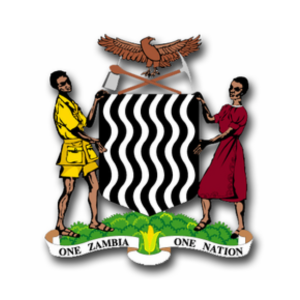

-Logo_CMYK_1.jpg?width=1000&height=500&ext=.jpg)




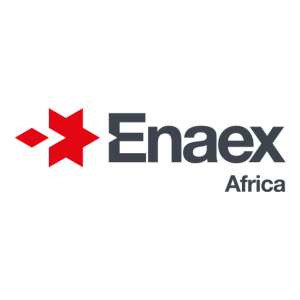


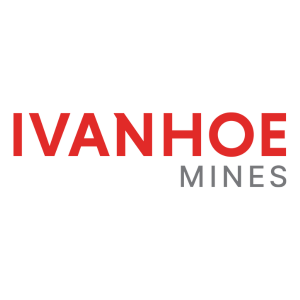
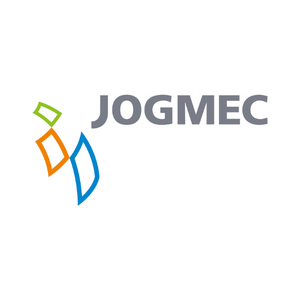


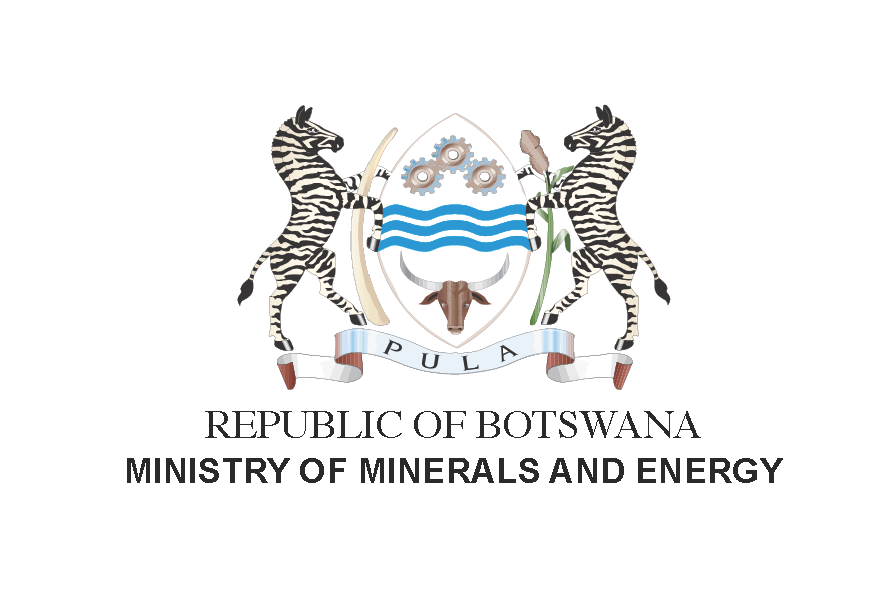.png?width=300&height=208&ext=.png)

_mi25-weblogo.png?ext=.png)

_1.png?ext=.png)


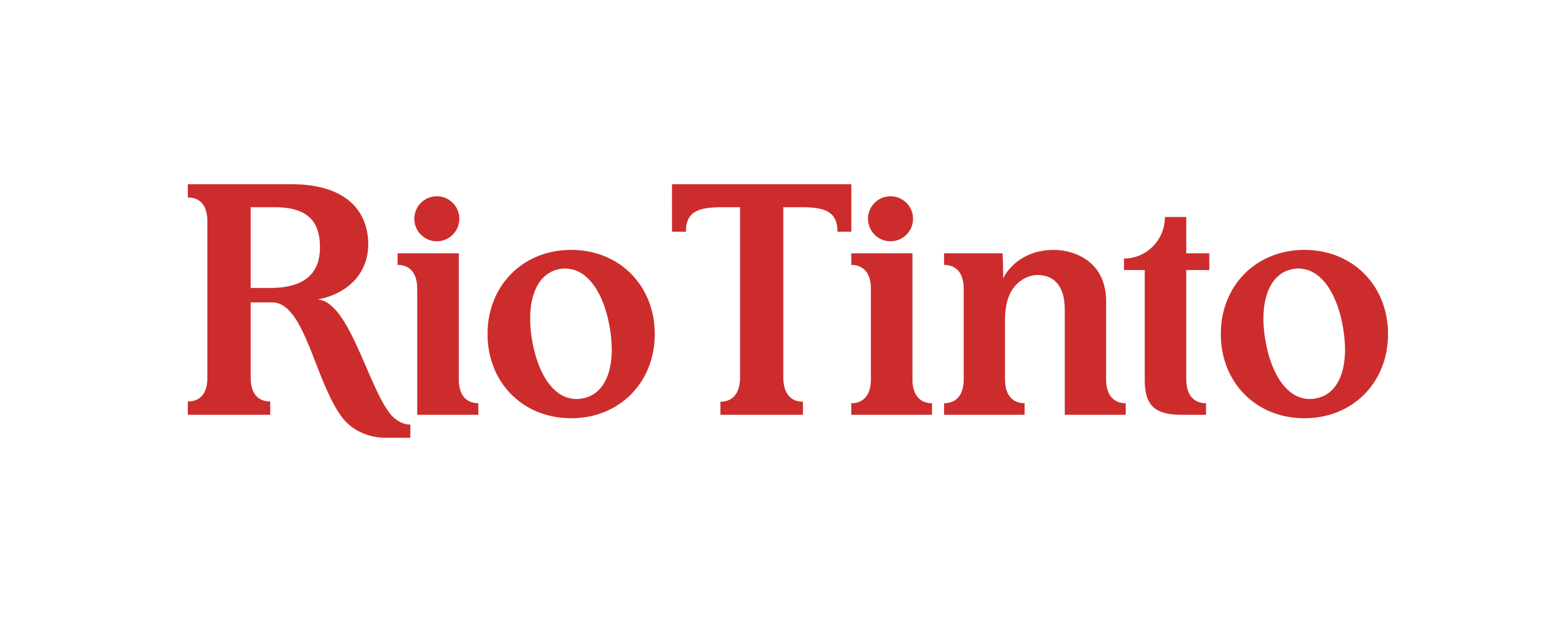






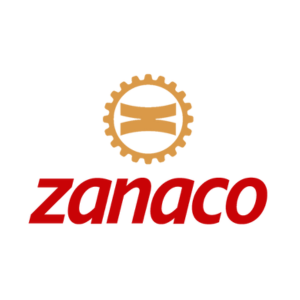






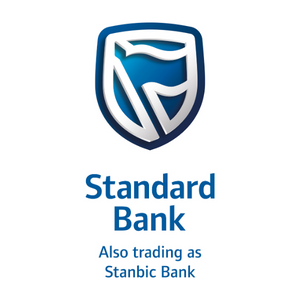


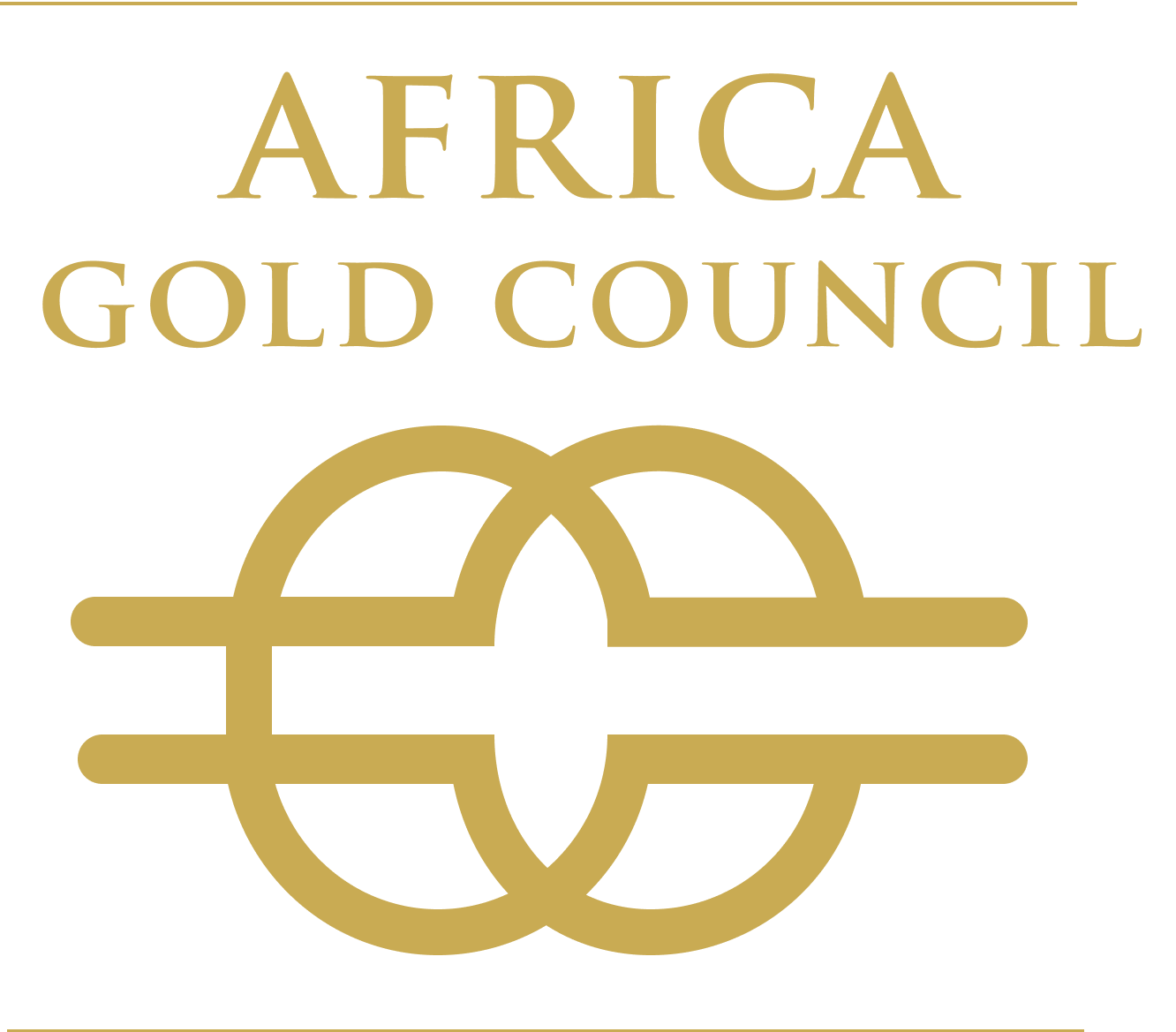

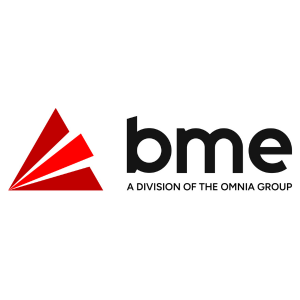












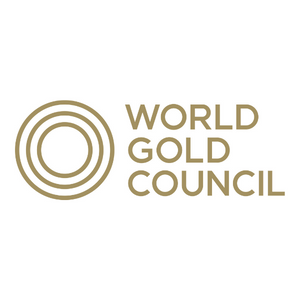
_logo.png?ext=.png)


_mi25-weblogo.png?ext=.png)




